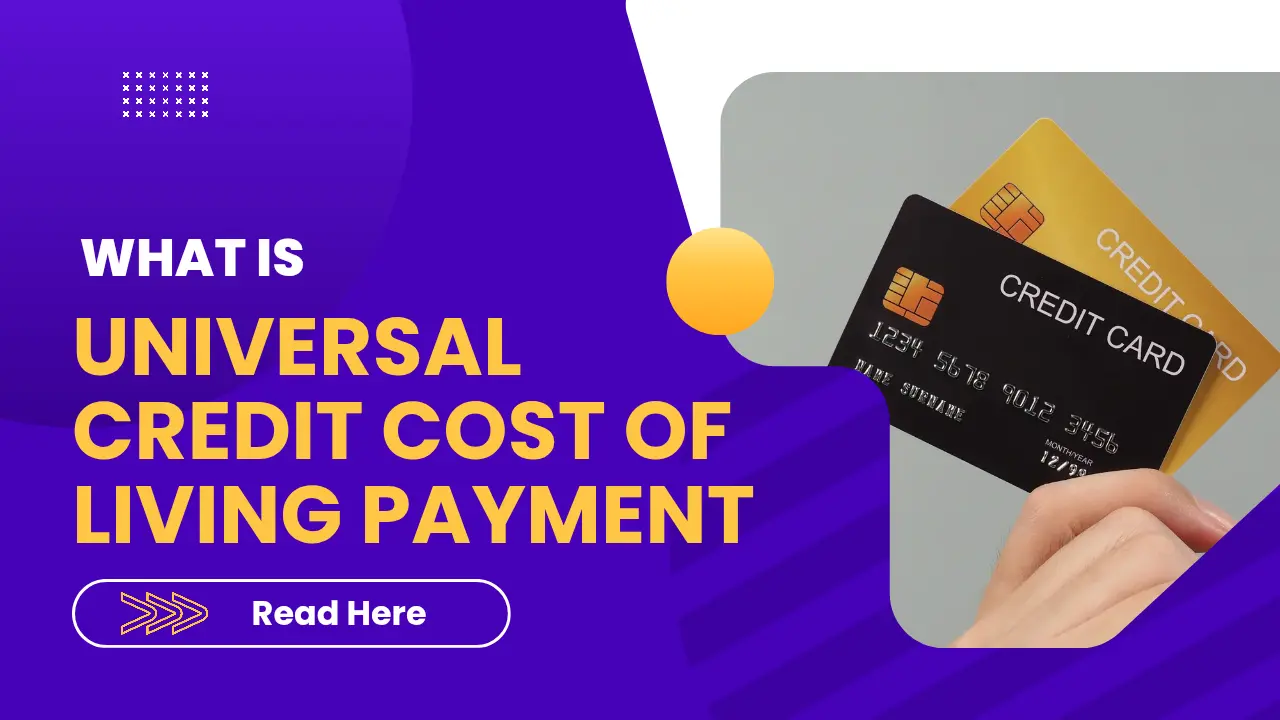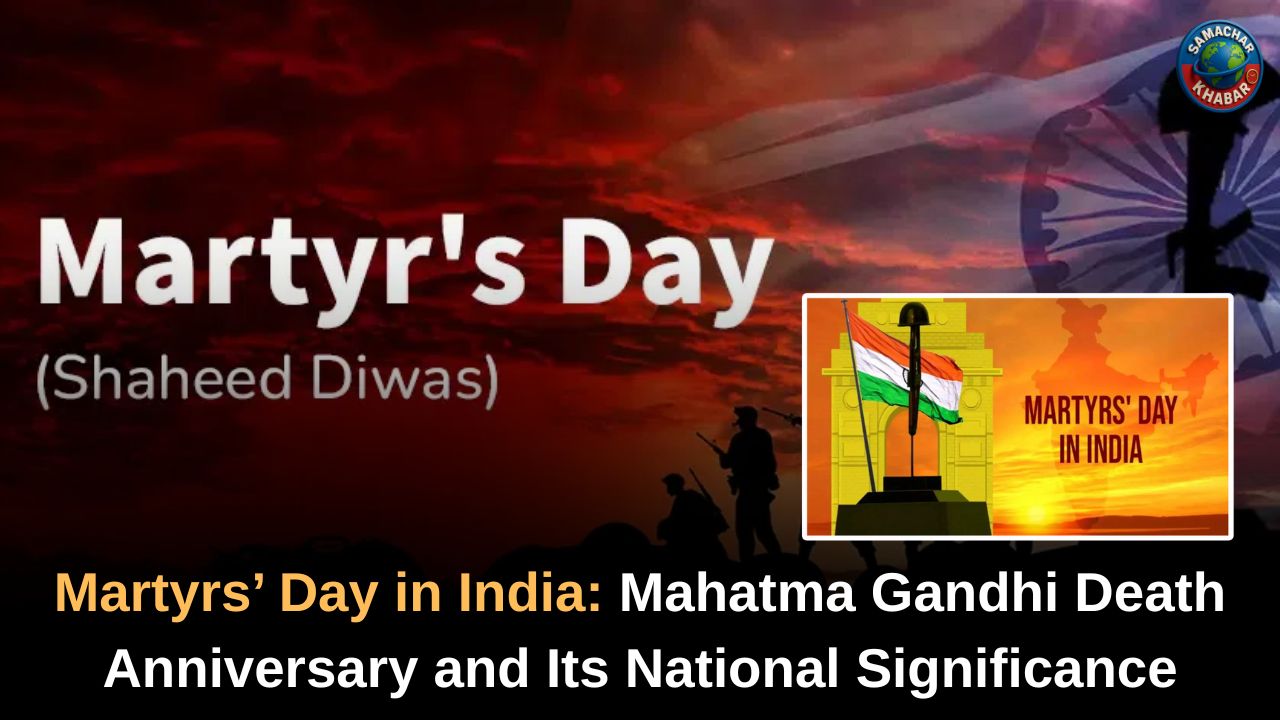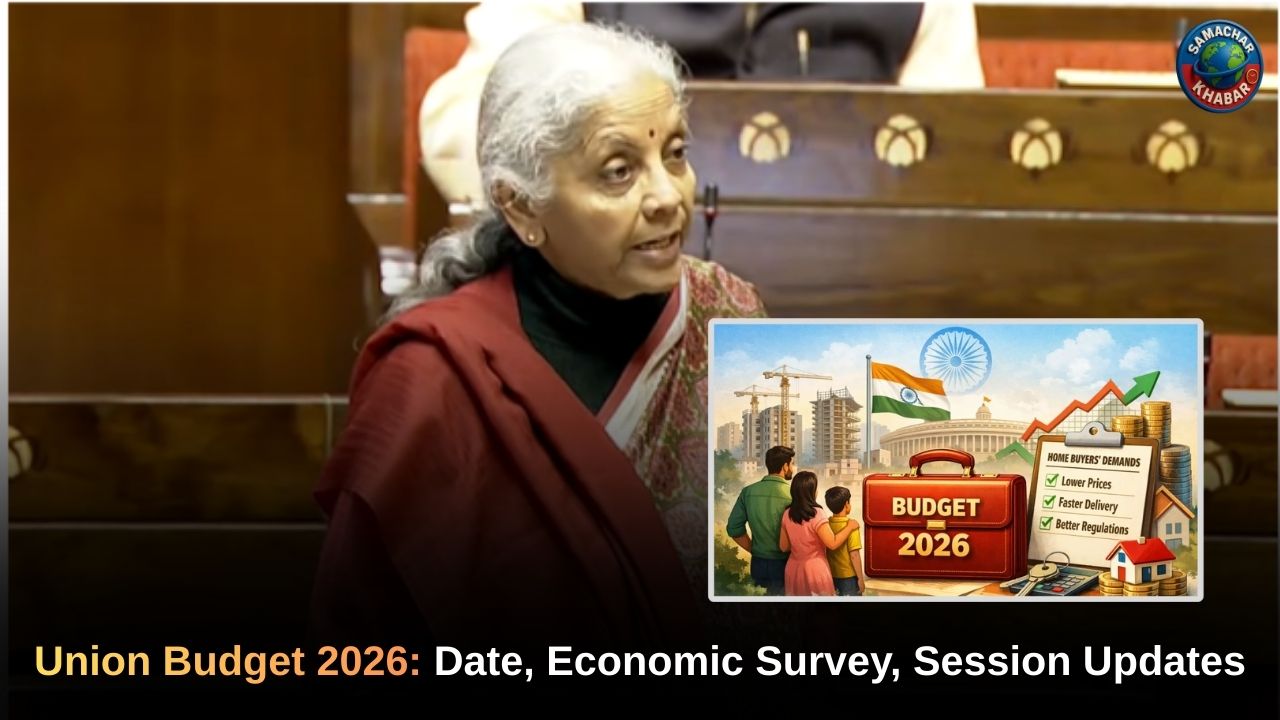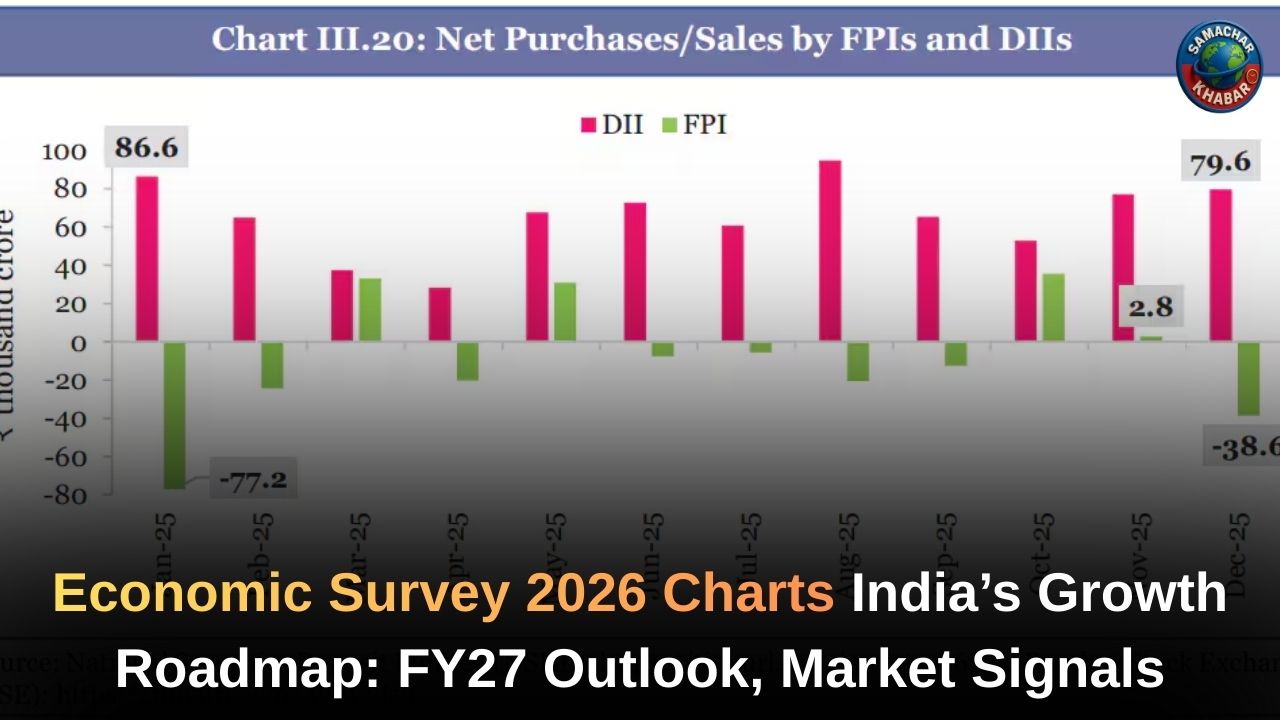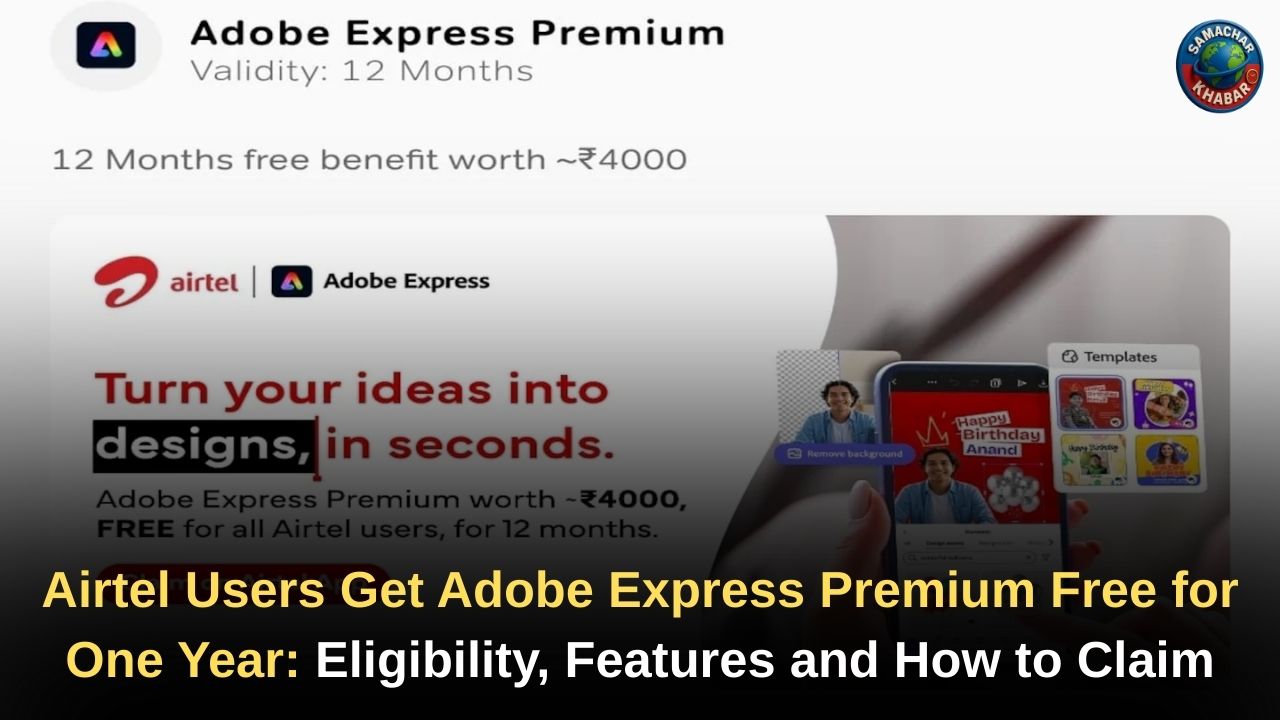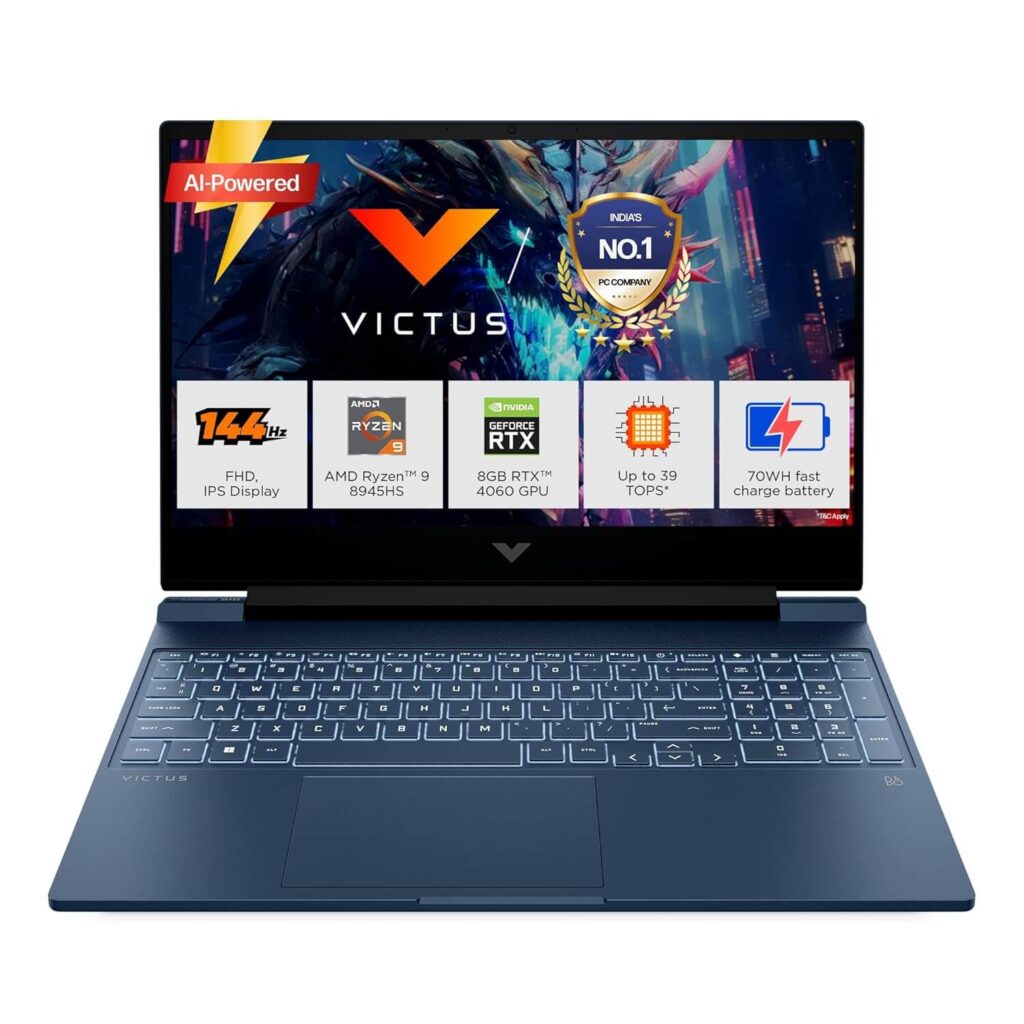The ongoing cost of living crisis has placed immense pressure on household finances across the UK. For many, the spiraling cost of essentials—from energy bills to weekly food shops—has turned managing a budget into a daily battle. In response, the UK government introduced a series of targeted financial supports, one of the most significant being the Universal Credit Cost of Living Payment.
If you’re one of the millions of people in the UK receiving Universal Credit, understanding this payment is crucial. It’s not just a bonus; it’s a vital lifeline designed to ease the financial strain on low-income families and individuals during a period of unprecedented economic challenge.
This comprehensive guide will break down exactly what the Universal Credit Cost of Living Payment is, who is eligible, how it’s paid, and what you need to know to ensure you receive the support you are entitled to.
What Exactly Is the Universal Credit Cost of Living Payment?
The Universal Credit Cost of Living Payment is a non-taxable, non-repayable amount of money paid directly by the Department for Work and Pensions (DWP) to people on means-tested benefits. Its primary purpose is to provide a much-needed boost to the budgets of those most vulnerable to the surging inflation and high cost of living.
It is critical to note that this payment is separate from your regular Universal Credit allowance. It is paid in instalments over a period, rather than being added to your monthly standard allowance.
The Context: Why Was This Support Introduced?
The financial landscape of the last few years has seen sharp increases in energy prices, food costs, and general inflation. For households already on a low income, these increases can push budgets beyond breaking point. The government’s Cost of Living Payments scheme, with the Universal Credit payment at its core, was an emergency measure to inject cash directly into the hands of those who need it most.
Crucially, this is an acknowledgment that the regular uprating of benefits alone wasn’t enough to keep pace with the sudden, sharp rise in essential costs.
Who Qualifies for the Universal Credit Cost of Living Payment?
Eligibility for this payment is straightforward but strict, based on your benefit entitlement during a specific “qualifying period.”
The payment is generally targeted at households receiving one of the following means-tested benefits:
- Universal Credit (UC)
- Income-based Jobseeker’s Allowance (JSA)
- Income-related Employment and Support Allowance (ESA)
- Income Support
- Pension Credit
- Child Tax Credit
- Working Tax Credit
Specific Eligibility for Universal Credit Claimants
For those on Universal Credit, you must have been entitled to a Universal Credit payment for an assessment period that ended on or within the government’s specified qualifying dates.
Also Read: John Clarke Nobel Prize: The Quantum Leap
Key Criteria to Remember:
- Positive Entitlement: You must have a positive Universal Credit award (i.e., your award must be more than £0) for the qualifying assessment period.
- Zero Award Caveat (The ‘Clawback’): If your Universal Credit was reduced to £0 during the qualifying period, often referred to as a ‘nil award,’ you would generally not be eligible. This can happen for reasons like:
- A significant increase in earnings from work (a common issue for people paid weekly, as noted by the Joseph Rowntree Foundation, where a small number of low-paid workers missed out due to the payroll dates aligning with the assessment period).
- Getting a benefit sanction.
- Your savings exceeding the \text{£16,000} limit.
When Are the Payments Made?
The Cost of Living Payment is typically split into multiple instalments throughout a financial year. While the scheme has seen multiple rounds since its introduction, future payment schedules and amounts are announced by the DWP.
- You don’t need to apply: The payment is made automatically.
- The Payment Label: Look for the specific reference in your bank statement. It will usually appear as a transfer from the DWP with a code like “DWP COL” or “HMRC COL” (for tax credits).
- No Application is a Red Flag: If you receive a , email, or phone call asking you to apply for the payment or to provide your bank details, treat it as a scam and do not click any links or share information. The DWP will never ask you for bank details for this payment.
The Real-World Impact and Statistics
The Universal Credit Cost of Living Payment isn’t just a number; it translates into real relief for millions.
According to the Department for Work and Pensions (DWP), approximately \text{8 million} low-income households received the means-tested Cost of Living Payments during the \text{2023-2024} financial year.
This intervention is particularly vital given the scale of the crisis. A recent report by the Joseph Rowntree Foundation (JRF) highlighted that in late \text{2024}, around 7 \text{ million} low-income households (roughly 60\% of the total surveyed) were going without essentials, including experiencing food insecurity. For these families, this payment provides immediate relief for necessities like:
- Heating costs in winter.
- Essential food items for children and families.
- Replacing or repairing essential household goods.
As one recipient shared: “That £299 payment was the difference between me being able to put a jumper on the kids and heating the house for an hour after school, versus having a cold home all evening.”
Navigating the System: What If You Miss Out?
While the payment is automatic, issues can arise, particularly due to the ‘nil award’ rule for Universal Credit.
What to Do if You Think You’re Eligible But Haven’t Been Paid:
- Check the Dates: Verify the official qualifying dates announced by the government for the latest payment round. Did your Universal Credit assessment period end on or within those dates?
- Review Your Journal: Check your Universal Credit online journal for any messages, or contact your work coach.
- Contact the DWP: If you still believe you should have received the payment, you can contact the Cost of Living Payment helpline. Be prepared to provide details of your qualifying benefit and assessment period.
It is crucial to act quickly, as the DWP has a defined period for handling missing payment enquiries.
Looking Ahead: Other Forms of Support
While the main Cost of Living Payment is a significant one-off support, Universal Credit recipients may be eligible for other, related financial help. These are often automatically applied or require a simple application:
- Warm Home Discount Scheme: A discount applied directly to your energy bill during winter.
- Cold Weather Payments: A \text{£25} payment for each 7-day period of very cold weather (zero degrees Celsius or below) between November 1 and March 31.
- Household Support Fund (HSF): Managed by local councils, this fund can provide short-term financial help for essentials like food, energy, and water bills.
Securing Your Financial Stability
The Universal Credit Cost of Living Payment is an essential part of the UK’s social security net, offering crucial temporary relief during times of intense economic pressure. It underscores the government’s commitment to supporting the most financially vulnerable households.
Understanding the eligibility criteria and the payment process ensures you don’t miss out on this vital support. Stay informed about the official DWP announcements for future payments and always be vigilant against scams.
FAQs
Q1: Will there be another Universal Credit Cost of Living Payment in 2025?
The UK government has stated that the series of Cost of Living Payments covering the 2023-2024 financial year, which included payments for those on Universal Credit, have concluded. No further automatic, wide-scale Cost of Living Payments have been announced for the 2025-2026 financial year, but other schemes like the Household Support Fund (managed by local councils) and benefit uprating continue.
Q2: What happens if my Universal Credit payment was a ‘nil award’ during the qualifying period?
If your Universal Credit award was reduced to \text{£0} (a ‘nil award’) for the qualifying assessment period, you are generally not eligible for the Cost of Living Payment. This usually happens if your earnings were too high, you received a benefit sanction, or your savings exceeded the \text{£16,000} limit. You may, however, have been eligible for a different, non-means-tested payment (like the Disability Cost of Living Payment) if you received a qualifying disability benefit.
Q3: Does the Cost of Living Payment affect my other benefits?
No. The Universal Credit Cost of Living Payment is specifically designed as a non-taxable grant. It does not count as income for the purposes of Universal Credit or other benefits, meaning receiving it will not reduce or stop your entitlement to other financial support.
Q4: I receive Tax Credits instead of Universal Credit. Am I still eligible for the Cost of Living Payment?
Yes. Households receiving Child Tax Credit or Working Tax Credit were also included in the Means-Tested Cost of Living Payments scheme. Eligibility was based on receiving a payment of one of these benefits on a specific qualifying date. Payments for Tax Credit-only claimants were typically made by HMRC, whereas Universal Credit payments were made by the DWP.
Q5: Is the Cost of Living Payment the same as the Winter Fuel Payment?
No, they are separate payments. The Cost of Living Payment is a targeted grant for low-income households (including those on Universal Credit) and was introduced to combat high inflation. The Winter Fuel Payment is an annual payment made to pensioners (those born on or before a specific date) to help cover their heating costs during the winter months.


